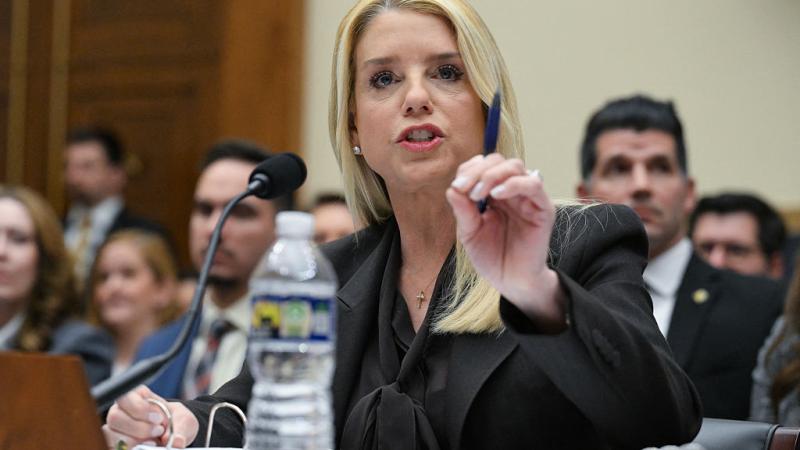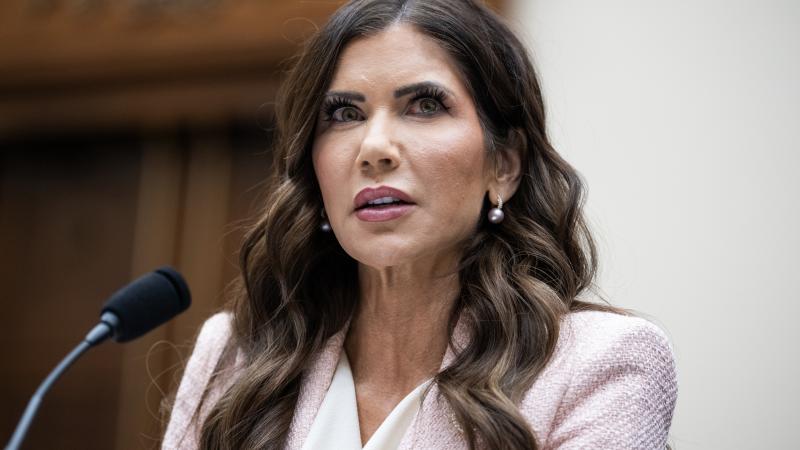Louisiana juvenile justice task force seeks reforms in upcoming session
The meeting of the task force followed the transfer of 15 incarcerated girls from the controversial detention center, Angola, in north Louisiana last week due to lack of funding.
(The Center Square) — Reforms for Louisiana's juvenile justice system could come in the next legislative session based on findings from a task force that convened its first meeting in Baton Rouge this week.
The Task Force on Juvenile Justice Facilities Standards met this week to begin the process of examining how youth offenders in Louisiana are cared for in the state's juvenile justice system, which has been marred by financial issues, repeated escapes, riots and other violent incidents in recent years.
The meeting on Wednesday followed the transfer of 15 incarcerated girls from a controversial detention center in north Louisiana last week due to lack of funding, a move precipitated by a federal court order that required the state to shutter a juvenile justice center at the infamous Louisiana State Penitentiary known as Angola over concerns about a lack of education and rehabilitation services.
The latter required the state to sign a contract with a Jackson Parish detention center to house youth from Angola, draining the Office of Juvenile Justice's funds for the current budget year and forcing it to end its contract at the girls' facility.
"We had to go find someone who would safely house our more high-risk boys," Curtis Nelson, with the Office of Juvenile Justice, told the task force. "Even though I'm at the beginning of the fiscal year, my budget is encumbered."
The task force was initiated by Senate Resolution 168, sponsored by Sen. Beth Mizell, R-Franklinton, and others "to study conditions of juvenile justice facilities and to create statewide standards, and to propose recommendations, together with specific proposals for legislation."
Mizell, who chairs the task force, said Wednesday the intent is to better understand "what are the standards that we follow in the care of our young people, and what determines the decisions that are made."
The group — comprised of representatives including public defenders, education and health officials, law enforcement, district attorneys, the Office of Juvenile Justice, and others — is tasked with producing a report with recommended reforms for the Senate and the David Pointer Legislative Research Library by March 1.
"Everybody here is a stakeholder for the well-being of the children of Louisiana, whether they're in state care or not," Mizell said.
Nelson presented data on the current youth population within the Office of Juvenile Justice that showed 352 boys are in secure facilities, and 358 are in non-secure facilities. There are also 15 girls in secure facilities, and another 2,318 on community supervision, as of Oct. 3.
A total of 62 youth in local detention centers across the state awaiting placement in secure and non-secure settings, Nelson said.
"The reason why … is we don't have the sufficient bed space capacity either in secure or non-secure to take in all these children," he said, adding that the major contributor to that dynamic is a lack of manpower at the facilities.
Other discussions centered on services and education services at the facilities, early interventions to prevent issues, and two facilities in the works to expand capacity.















